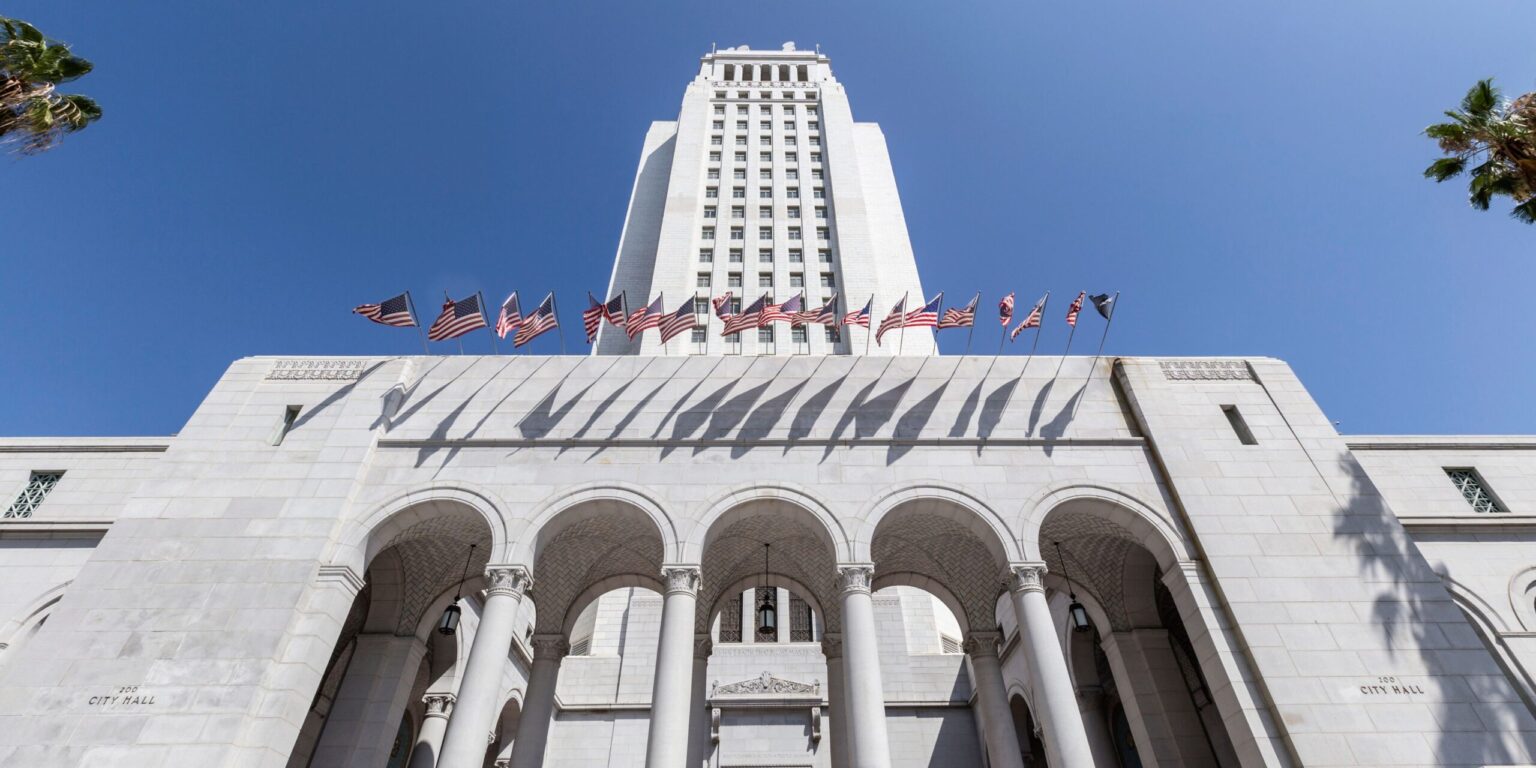Widespread protests erupted across the United States on Tuesday, June 11, 2025, in response to an escalated series of Immigration and Customs Enforcement (ICE) raids and the federal government’s decision to deploy troops in several states. Demonstrators gathered in major cities including Los Angeles, New York, Chicago, and Seattle to express concern over what many view as an excessive and unconstitutional crackdown on immigrant communities.
The national response triggered emergency declarations in several cities, legal challenges at the state level, and rapid mobilization by grassroots organizations. Tens of thousands of individuals from diverse backgrounds took to the streets, holding signs, chanting slogans, and demanding immediate policy reversals.
Emergency Measures in Major Cities
In Los Angeles, city officials imposed a curfew and declared a local emergency after demonstrations turned tense late into the evening. Authorities reported property damage and more than 200 arrests as law enforcement, supported by National Guard personnel, attempted to manage the crowds. Protesters remained in the downtown area throughout the night, calling for an end to what they labeled as fear-driven immigration tactics.
Chicago and Seattle also reported large-scale gatherings, with participants staging sit-ins and candlelight vigils. In several instances, public transit was disrupted, and access to city centers was temporarily restricted.
Legal Opposition From States
Several state governments, particularly on the West Coast, moved quickly to file legal motions opposing the federal troop presence. One such motion argued that the deployment interfered with state governance and public order, raising constitutional questions. Although a federal judge declined to grant an emergency injunction, a hearing has been scheduled for later this month to evaluate the merits of the challenge.
Across various state capitals, lawmakers began drafting legislative responses aimed at curbing the extent of federal intervention. Some proposed new state laws to increase transparency and set limitations on the cooperation between local authorities and federal immigration enforcement agencies.
Public Sentiment and Political Divide
The protests have sparked significant discussion nationwide, with voices from across the political spectrum expressing concern. While historically associated with liberal activism, the current demonstrations include support from centrist and conservative-leaning groups advocating for immigration reform.
Many demonstrators emphasized the human cost of aggressive enforcement policies, noting the psychological and social toll on families and communities. The events are being compared to other large-scale civic movements of the past decade, particularly those focused on civil rights and police reform.
Federal officials, meanwhile, defended the actions as necessary to uphold national laws and maintain border integrity. The ongoing debate has highlighted sharp divisions in public opinion, with growing scrutiny over the balance between national security and civil liberties.
Continued Mobilization and Upcoming Actions
Activist networks and nonprofit organizations have announced plans for a national day of action scheduled for the upcoming weekend. Organizers are coordinating efforts in all 50 states, planning peaceful marches, educational workshops, and voter registration drives. Community leaders are encouraging sustained civic participation and urging lawmakers to reconsider current immigration enforcement strategies.
Emergency preparedness measures have been increased in cities like Portland, Atlanta, and Denver. Local governments are working to ensure public safety while preserving the right to peaceful assembly. Additional city resources, including mental health counselors and legal aid volunteers, have been deployed to assist affected families.
Broader Social Implications
Beyond immediate legal and political repercussions, the current wave of enforcement has had widespread effects on immigrant households, particularly among women and children. Reports indicate a decline in school attendance and healthcare visits, attributed to heightened fear of detection. Domestic violence cases also appear to be underreported as vulnerable individuals fear coming into contact with law enforcement.
Organizations focused on immigrant advocacy are calling for a reimagined immigration framework that prioritizes dignity, due process, and community well-being. Their proposals include expanding legal pathways to residency, halting family separations, and investing in social services that support integration.
Timeline of Key Events
- June 9: ICE initiates coordinated raids in ten metropolitan areas.
- June 10: Federal troops deployed to California, Oregon, and Illinois.
- June 11: Mass protests take place nationwide; emergency motions filed.
- June 12 (planned): Senate committee to hold hearings on federal conduct.
